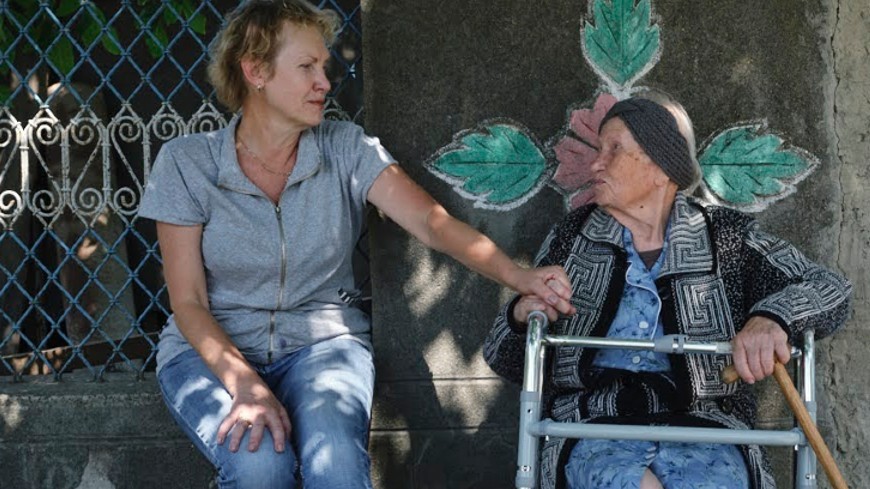On 27 September 2022, the Special Representative published her fact-finding mission reports on Poland and the Republic of Moldova.
Both reports identified areas where the Council of Europe could assist the authorities in dealing with existing challenges in the framework of the Action Plan on Protecting Vulnerable Persons in the Context of Migration and Asylum in Europe (2021-2025).
Activities already undertaken under the Action Plan include the project “Strengthening the human rights protection of refugees and migrants in the Republic of Moldova”, which will be launched early 2023 and two training HELP training sessions in Poland.
On 21 September 2022, the Office of the Special Representative and the Office of UNHCR, the UN Refugee Agency in Bratislava organised a joint online event on “Strengthening the protection against abuse and exploitation of vulnerable persons, in particular women and children, fleeing the war in Ukraine”. The event followed-up findings in the report on the Slovak Republic in line with the Council of Europe Action Plan on Protecting Vulnerable Persons in the Context of Migration Asylum in Europe (2021-2025). The aim of the event was to support the Slovak authorities in strengthening the protection of vulnerable migrants and refugees. In her opening remarks, the Special Representative emphasised that the roundtable was a result of joint efforts with the partner organisation UNHCR, the Slovak authorities and the relevant entities of the Council of Europe in addressing the protection of the most vulnerable people fleeing the war in Ukraine.
In his speech, the State Secretary Mr Vedelin Leitner, the Ministry of Interior underlined that the authorities would be conducting operations on a significantly smaller scale and more precarious circumstances without the resources, knowledge and expertise provided to the Government of Slovakia on every level by the men and women of the international organizations (UNHCR, UNICEF, IOM, IFRC, WHO) as well as the Council of Europe.
Danijela Popovic-Efendic, Head of Office, UNHCR National Office in Slovakia said that “The age and gender composition of the Ukrainian refugee population demands from all of us stronger programmatic responses to prevention, risk mitigation and response to gender-based violence and child protection. Similar considerations apply to ensuring the inclusion and integration of this population”.
The participants pledged to continue working together in order to protect the most vulnerable.
On 18-19 September 2022, in Athens, Greece, the Special Representative participated in the meeting of the PACE Committee on Migration, Refugees and Displaced Persons. She was invited to speak under the agenda item: “Council of Europe contribution to the implementation of the Global Compact for Safe, Orderly and Regular Migration and the Global Compact on Refugees”. In her speech, she emphasised that her office has been active in working with the UN partners already since day one, feeding into the reflection processes relevant to both Compacts, by providing written and oral contributions in the consultation phase and representing the Council of Europe at all major events relevant to both the adoption, and the review process of the implementation of both Compacts ever since. The Council of Europe continues its work in the field of migration with a view to helping member states reach the objectives defined in the Global Compacts, not only by proposing new standards, but – very importantly – by proposing assistance for building capacity to better address human rights challenges.
On 29-30 August 2022, in Slovenia, the Special Representative attended the Bled Strategic Forum and participated in the Panel discussion on “Human rights in times of crisis: central to the solution?” in the Republic of Slovenia. The Forum was organised by the Ministry of Foreign Affairs of Slovenia and brought together 2,000 participants, more than 160 panellists and speakers from around the world, four heads of State and government, 15 foreign ministers, the President of the European Commission and other high-level representatives of European and international institutions, as well as representatives of business, academia and civil society.



